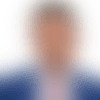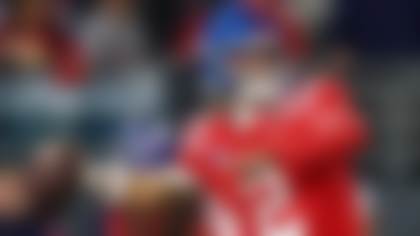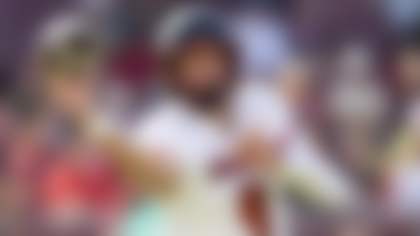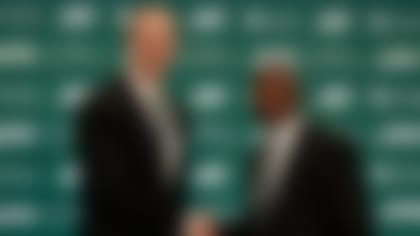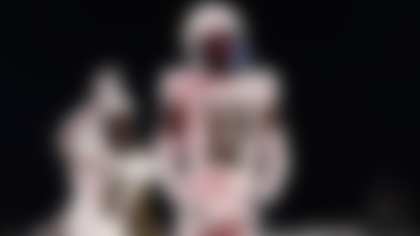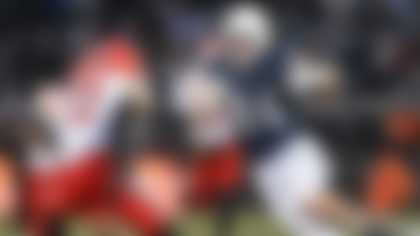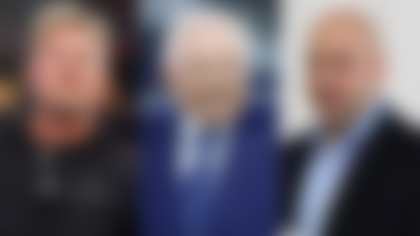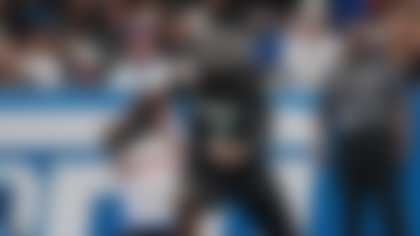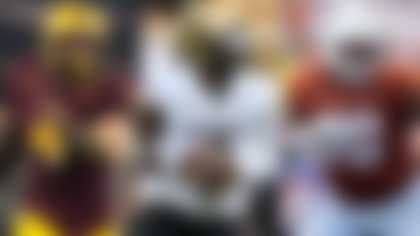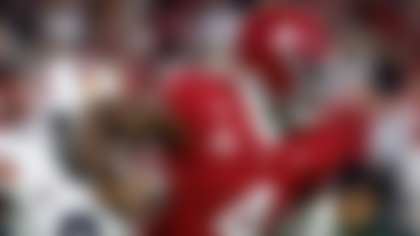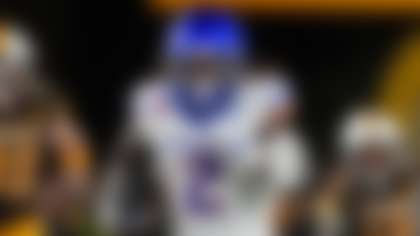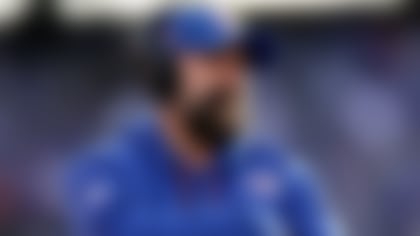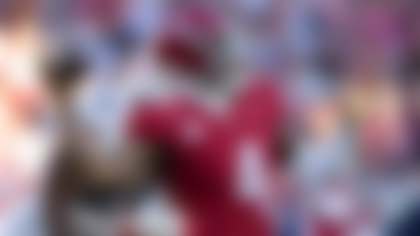Jacob Bell answered the phone and listened to my introduction. I tell him I'm working on a story for NFL.com.
"Hmmmm," he said. "Ian Rapoport. I've heard of you before."
Bell, the eight-year starting left guard, paused. I could sense his smile on the other end of the line.
"Have you heard of me before?" Bell asked.
"More so lately," I responded.
Based on our 15-minute conversation on the day Bell's retirement from the NFL became official, we haven't heard the last of him. Don't be surprised if Bell looms larger in retirement than he did as a player, even though he started 100 games for the Tennessee Titans and St. Louis Rams. No longer is Bell, as he said, "one of the men behind the mask."
Debate: Kurt Warner's remarks
Kurt Warner created quite a stir by saying that he would rather his sons not play football. Our analysts give their thoughts. **More ...**
It all changed when Bell, who signed with the Cincinnati Bengals just last month, used the recent suicide of legendary linebacker Junior Seau as the impetus to walk away from the game while he still could. He became the first player to change his life based on the assumption that if he didn't, football would.
I had barely heard of Bell, a 2004 fifth-round pick from Miami (Ohio), before Tuesday. Now, he'll forever be the player who hung up his cleats because of his own health concerns following Seau's tragic death. He is embracing his newfound megaphone to make life after football better for those who participate.
"Man, I couldn't be happier about it," Bell said. "For me, it's something I have to do. It's a platform that needs to be talked about."
Bell says he feels great. At 31 years old, he is moving fine and his mind is clear. He isn't sure how many concussions he had, but he reports no physical ailments. But as someone who has often reached out to retired players, Bell knows that might not last forever. Bell also knows the stakes and realities of the sport he still loves.
"It's a blessing to be able to retire and walk away on my own instead of being forced out of it," Bell said. "Think about what the guys are going through. Everybody wants to make the money, but what are you really sacrificing? If they tell you we're going to take your brain and whack it with a baseball bat, but we'll give you a couple million bucks, how many people would really do that? ... I compare us to modern-day gladiators. We're giving our lives to the game of football for a price."
Having spent time over the years doing research on his potential post-career health status, the thoughtful Bell said it's time to put it out in the open.
La Canfora: San Diego Super Charger
Junior Seau was San Diego's hometown hero -- the can't-miss kid who never did. Jason La Canfora remembers an icon. **More ...**
He believes it's time to raise awareness for a game that is, in his mind, too slowly embracing the health concerns for its players.
"This is too big of an issue to be brushed under the rug," Bell said. "What players are really coming out and letting people know the real deal? Now that I'm retired, maybe it's easier for me to come out and speak. I think it's what I need to do. I don't see it ending any time soon."
Bell isn't riding off into the sunset. He's riding into the sun. Bell believes the NFL's recent rule changes for making the game safer will help, but he also offered a few suggestions for how the league could help even more:
1. Make concussion awareness part of the rookie symposium.
Bell recalls taking part in the annual rookie symposium in 2004 and hearing repeated warnings about protecting his finances. "Everything revolves around the money," Bell said. That was helpful. But concussion awareness wasn't part of it. Bell thinks it should be.
"They need to bring a panel of doctors into the rookie symposium and say, 'Hey, this is what we found, this is the research, this is what you all need to be aware of,' " Bell said. "I have to go out of my way, on my own, to find out (about brain health issues). Not through the NFL, [but] through retired players, through friends and my own contacts to find out what I can do for myself. That's not good enough."
League spokesman Greg Aiello said the agenda for the 2012 edition of the rookie symposium is still being formulated. "We expect health and safety matters to be included," Aiello said.
2. Have players begin their careers with a brain scan.
The NFL Scouting Combine in Indianapolis features a thorough medical examination for the players. Their entire bodies are checked to give teams a complete report on their health. It can sometimes prove positive. That's where New England Patriots tackle Marcus Cannon learned he had cancer, and he sought immediate treatment.
Bell would like the process to go a step further.
"We have all these medical records of all these players from the combine, but how many of these players have gotten brain scans?" Bell asked. "How many of them know what their brains look like? Let's go get all that done, get the imaging done from Day 1."
A key part of Bell's idea is that the results would have to be kept away from team executives who may decide a player's future based on the scans. He'd like the information to be for the player's eyes only. That may not be feasible, but it's the goal.
3. Involve psychologists heavily in the education.
It is not yet known if Seau was seeing a psychologist or counselor for the demons he battled. It is not yet known if that would have changed anything.
But Bell wants to make it mandatory that each player meet with a psychologist upon entering the league. Not everyone will continue such meetings, but it's a way of forcing players to begin a healing process that might not happen otherwise.
Bell believes activities to increase brain function would help -- puzzles, learning a language, taking vitamins. But, as he said, "It would really help to have a personal relationship with a doctor. ... The reality is, it's a traumatic experience for your brain when you're playing the game of football. But we can definitely help these players."
Follow Ian Rapoport on Twitter @rapsheet
